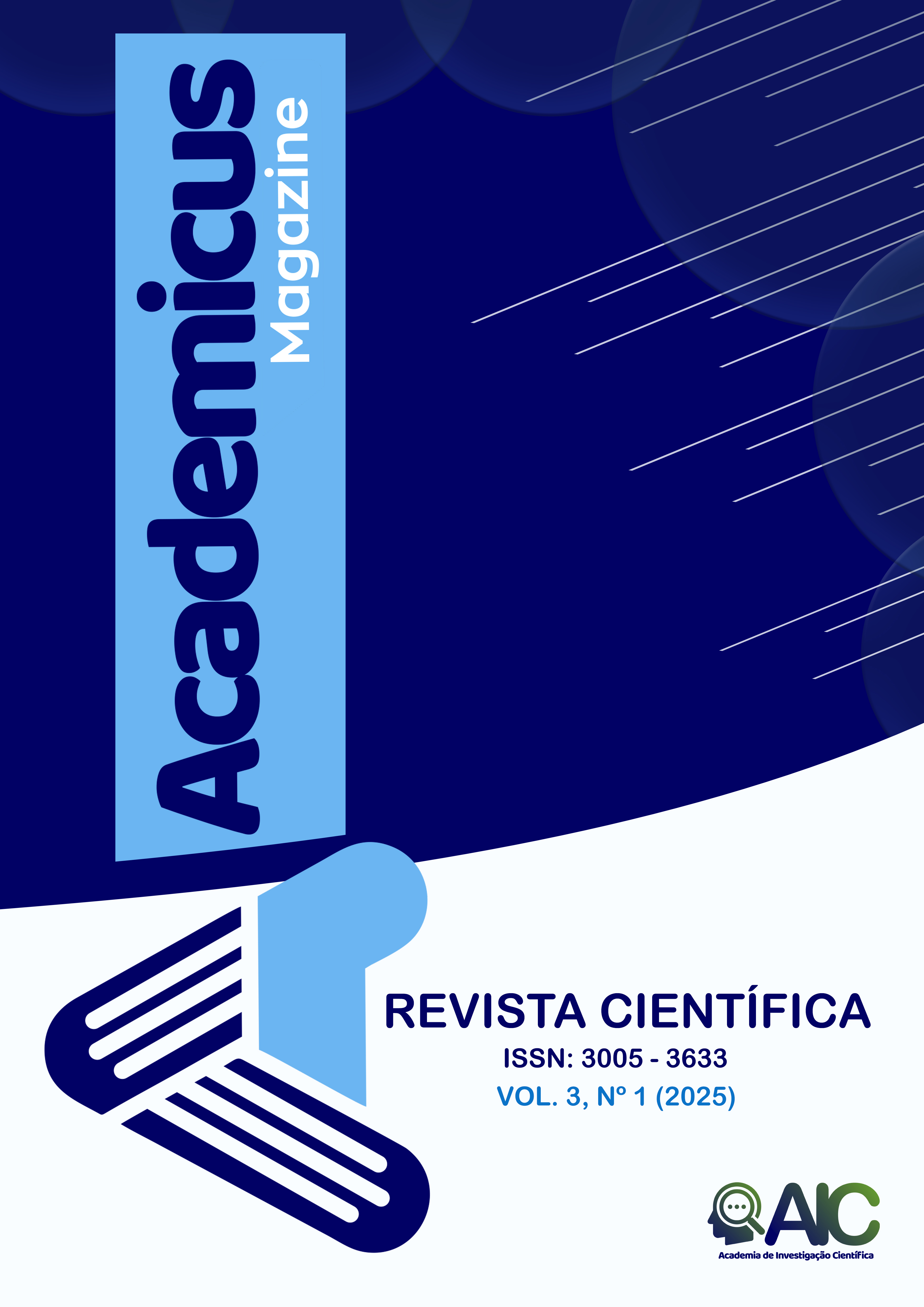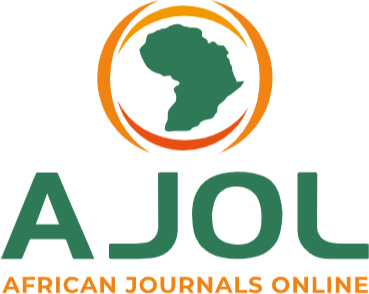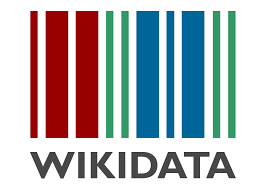El papel de las fuentes de ingresos múltiples en el hogar para mejorar los medios de vida en la zona occidental de Tanzania
DOI:
https://doi.org/10.4314/academicus.v3i1.5Palabras clave:
diversificación de ingresos, medios de vida de los hogares, Kigoma, Tanzania, Katavi, hogares ruralesResumen
Los hogares rurales de los países en desarrollo enfrentan desafíos significativos para lograr medios de vida sostenibles, ya que la dependencia de una sola fuente de ingresos a menudo los deja vulnerables a la pobreza y la inseguridad alimentaria. Este estudio examina el papel de la diversificación de ingresos en la promoción de la sostenibilidad de los medios de vida en la zona occidental de Tanzania, específicamente las regiones de Kigoma y Katavi, que se caracterizan por altos niveles de pobreza y una gran población de refugiados. La diversificación de ingresos se destaca como una estrategia de afrontamiento vital para abordar la variabilidad climática, la baja productividad agrícola y la infraestructura inadecuada. Utilizando un diseño de investigación transversal, se recopilaron datos de 510 encuestados a través de cuestionarios estructurados, y se utilizó un modelo logit multinomial para el análisis. Los hallazgos muestran que los hogares que participan en diversas actividades generadoras de ingresos, como la agricultura, la cría de ganado, las pequeñas empresas y la pesca, logran una mayor seguridad alimentaria y estabilidad de ingresos. Los determinantes clave de la diversificación de ingresos incluyen la educación, el género, el acceso a la tierra y la infraestructura. El estudio recomienda políticas para mejorar el acceso equitativo a los insumos agrícolas, los servicios financieros y las oportunidades que incluyan la perspectiva de género, al tiempo que se promueven las actividades generadoras de ingresos no agrícolas, se mejora el acceso a los mercados y se invierte en infraestructuras esenciales. Estos hallazgos subrayan la importancia de las estrategias de ingresos diversificados para reducir la vulnerabilidad y generar resiliencia en los hogares rurales.
Citas
Abate, G. T., Bachewe, F. N., Regassa, M. D., & Minot, N. (2023). Rural income diversification in Ethiopia: Patterns, trends, and welfare impacts (Vol. 2154). Intl Food Policy Res Inst.
Abdi, A. H., Mohamed, A. A., & Mohamed, F. H. (2024). Enhancing food security in sub-Saharan Africa: Investigating the role of environmental degradation, food prices, and institutional quality. Journal of Agriculture and Food Research, 101241.
Aikaeli, J. (2021). Determinants of rural income in Tanzania: An empirical approach. Research on Poverty Alleviation (REPOA).
Ayele, G., & Kayamo, Y. H. (2023). Determinants of smallholder farmers’ access to formal credit: A case of Bilate Zuria Woreda, Sidama national regional state, Ethiopia. African Journal of Economic and Business Research, 2(1), 83-101.
Barney, J. (1991). Firm resources and sustained competitive advantage. Journal of Management, 17(1), 99–120. https://doi.org/10.1177/014920639101700108
Beyene, A., Fikir, D., & Kebede, D. (2022). Income diversification and resilience among rural households in Ethiopia. African Journal of Rural Development Studies, 5(3), 123–140.
DFID. (1999). Sustainable livelihoods guidance sheets. Department for International Development (DFID).
Dimoso, R.L., & Andrew, F. (2021). Rural Electrification and Small and Medium Enterprises’ (SMEs) performances in Mvomero District, Morogoro, Tanzania, J. Bus. Sch. 4 (1): 48–69, https://doi.org/10.26677/TR1010.2021.717
Dimova, Ralitza & Sen, Kunal. (2010). Is Household Income Diversification a Means of Survival or a Means of Accumulation? Panel Data Evidence from Tanzania.
FAO. (2023). State of food security and nutrition in the world 2023. Rome: Food and Agriculture Organization of the United Nations
Fasha, G. S., & Minde, A. (2020). Livelihood assessments among small-holder farmers in the Southern agricultural growth corridor in Tanzania: Lessons from households in ihemi cluster. Tanzania Journal of Agricultural Sciences, 19(2), 116-130.
Gallehdarvand, Hooshmand & Rezaee, Azam & Joolaie, Ramtin. (2024). Assessment of Food Security in Development Programs and its Relationship with Inequality of Income Distribution in Rural Areas of Iran. Agricultural and Food Economics. 1. 70-78. 10.61186/ame.1.2.70.
Jamaldin, S. (2024). Impact of banana production on smallholder farmers’ livelihoods in Missenyi district, Tanzania. NG Journal of Social Development, 14(1), 62–78. https://dx.doi.org/10.4314/ngjsd.v14i1.5
Jamaldin, S. (2024). The influence of seed selection on coffee production and farmers’ livelihood in Kagera region. Journal of Policy and Development Studies, 17(1), 152-167 https://dx.doi.org/10.4314/jpds.v17il.13
Kassie, G. W., Kim, S., & Fellizar Jr, F. P. (2017). Determinant factors of livelihood diversification: Evidence from Ethiopia. Cogent Social Sciences, 3(1), 1369490.
Kitole, F.A., & Sesabo, J.K. (2022). Smallholder Livestock Keepers’ Breeding Choices and Its Implication on Poverty Reduction in Developing Countries: Empirical Evidence from Tanzania. Glob Soc Welf 9, 241–251. https://doi.org/10.1007/s40609-022-00252-9
Kitole, F. A. (2023). Economics of Agricultural Development: World Food Systems and Resource Use,: Fourth Edition, Edited by George W. Norton, Jeffrey Alwang, and William A. Masters, 2022, 2 Park Square, Milton Park, Abingdon, Oxon OX14 4RN, Routledge. Agrekon, 62(2), 194–196. https://doi.org/10.1080/03031853.2023.2181831
Kitole, F. A., & Sesabo, J. K. (2024). Tourism-driven livelihood dynamics: A comprehensive empirical study of Mount Kilimanjaro National Park communities in Tanzania. International Journal of Geoheritage and
Parks, 12(3), 416–433. https://doi.org/10.1016/j.ijgeop.2024.07.001
Kitole, F. A., & Utouh, H. M. L. (2023). Foreign direct investment and industrialization in Tanzania admixture time series forecast analysis 1960 - 2020. Applied Economics Letters, 31(20), 2110–2117. https://doi.org/10.1080/13504851.2023.2211324
Kitole, F. A., Sesabo, J. K., Adesiyan, O. F., Ige, A. O., Ojo, T. O., Emenike, C. U., Khumalo, N. Z., Kassem, H. S., & Elhindi, K. M. (2024). Greening the Growth: A Comprehensive Analysis of Globalization, Economic Performance, and Environmental Degradation in Tanzania. Sustainability, 16(24), 10983. https://doi.org/10.3390/su162410983
Kitole, F.A., Lihawa, R.M. & Nsindagi, T.E. (2023). Agriculture Productivity and Farmers’ Health in Tanzania: Analysis on Maize Subsector. Glob Soc Welf 10, 197–206 (2023). https://doi.org/10.1007/s40609-022-00243-w
Kitole, F.A., Mbukwa, J.N., Tibamanya, F.Y., & Sesabo, J.K (2024). Climate change, food security, and diarrhoea prevalence nexus in Tanzania. Humanit Soc Sci Commun 11, 394 (2024). https://doi.org/10.1057/s41599-024-02875-z
Kitole, F.A., Sesabo, J.K., & Lihawa, R.M. (2023). Instrumental variable approach on analyzing risk factors associated with noncommunicable disease prevalence in Tanzania: a nonexperimental design. Health Sci Rep. 2023; 6:e1585. https://doi.org/10.1002/hsr2.1585
Kitole, F. A., & Genda, E. L. (2024). Empowering her drive: Unveiling the resilience and triumphs of women entrepreneurs in rural landscapes. Women's Studies International Forum, 104, 102912. https://doi.org/10.1016/j.wsif.2024.102912
Lemessa, A., & Gemechu, A. (2016). Analysis of factors affecting smallholder farmers’ access to formal credit in Jibat District, West Shoa Zone, Ethiopia. International Journal of African and Asian Studies, 25, 43-53.
Mangula, M., Kuzilwa, J., Msanjila, S., & Legonda, I. (2019). Energy sources for cooking and the determinants of its choices in rural areas of Tanzania. Tengeru Community Development Journal, 6(1), 342–354.
Mapunda, F. M. (2024). Impact of off-farm Employment on Rural Household Food and Nutrition Security: Evidence from the Southern Highland Regions of Tanzania. African Journal of Economic Review, 12(4), 1-20.
Mhagama, G., & Heriel, E. (2023). Determinants of household energy use for cooking in Tanzania. Rural Planning Journal, 25(2), 44. https://doi.org/10.59557/rpj.25.2.2023.44
Mpfubhusa, F.L. (2024). Evaluating the Impact of Risk Management Strategies on the Success of Financial Enterprises in Kigoma, Tanzania. NG Journal of Social Development. Vol. 14
Mpfubhusa, F.L. and Mushi, B (2024). Drivers of Rural women Participation in Income Generating Activities in Mufindi District-Iringa. NG Journal of Social Development. Vol. 14
Mpfubhusa, F.L. and Mushi, B (2024). Entrepreneur Satisfaction and Challenges in the Machinga Complex in Dodoma city, Tanzania. Journal of Social Development. Vol. 14
Mushi, B. (2024). Willingness to Pay for Sustainable Solid Waste Management in Dodoma Urban District, Tanzania. Journal of Policy and Development Studies, 17(1), 181-198.
Mwajombe, A. R., & Liwenga, E. T. (2022). Contribution of wild edible plants to household livelihood in a semiarid Kondoa District, Tanzania. World Food Policy, 1-23. https://doi.org/10.1002/wfp2.12050
NBS (National Bureau of Statistics). (2022). Sensa ya watu na makazi ya mwaka 2022: Matokeo ya mwanzo.
Ntwalle, J. A. (2019). Determinants of Tanzania rural households’ income diversification and its impact on food security.
Ojo, T.O.O., Adesiyan, O.F., Ige, A.O., Emenike, C.U., Kassem, H.S., Elhindi, K.M., Kitole, F.A., & Sesabo, J.K. (2024). The role of sustainable land management practices in alleviating household food insecurity in Nigeria. Front. Sustain. Food Syst. 8:1414243. https://doi.org/10.3389/fsufs.2024.1414243
Omari, A. M., Tesha, M. J., & Sarakikya, M. H. (2020). Energy generation from biomass in Tanzania: Impacts and challenges. International Journal of Engineering Research and Technology, 9(5), 789–793. https://doi.org/10.17577/ijertv9is050371
Roothaert, R., Mpogole, H., Hunter, D., Ochieng, J., & Kejo, D. (2021). Policies, multi-stakeholder approaches, and home-grown school feeding programs for improving quality, equity, and sustainability of school meals in northern Tanzania. Frontiers in Sustainable Food Systems, (621608). https://doi.org/10.3389/fsufs.2021.621608
Sesabo, J. K., & Tol, R. S. (2005). Factors affecting income strategies among households in Tanzanian coastal villages: implications for development-conservation initiatives. Research Unit Sustainability and Global Change, Hamburg University Working Paper FNU-70.
Tesfa, D. (2014). Studies on the Impact of Climate Change on Agricultural Investment and Coping Strategies: The Case of Metema Woreda, North Gondar Zone, Ethiopia (Doctoral dissertation, St. Mary's University).
URT (United Republic of Tanzania). (2022). Tanzania National Bureau of Statistics (NBS) Household Budget Survey Report 2021. Dar es Salaam, Tanzania
URT (United Republic of Tanzania). (2023). Agricultural Sector Development Program (ASDP II): Annual Progress Report. Dar es Salaam, Tanzania
Utouh, H. M. L., & Kitole, F. A. (2024). Forecasting effects of foreign direct investment on industrialization towards realization of the Tanzania development vision 2025. Cogent Economics & Finance, 12(1). https://doi.org/10.1080/23322039.2024.2376947
Wanjala, B. M., & Muradian, R. (2013). Can big push interventions take small-scale farmers out of poverty? Insights from the Sauri Millennium Village in Kenya. World Development, 45, 147-160.
World Bank. (2022). The state of food security and nutrition in the world 2022. Washington, DC: World Bank
World Bank. (2023). Poverty and shared prosperity 2023: Achieving inclusive growth. Washington, DC: World Bank
Yirdaw, A. (2021). Determinants of Access to Formal Credit for Small Land Holder Farmers: A Case in Bahir Dar Zuria Woreda (Doctoral dissertation).
Descargas
Publicado
Cómo citar
Número
Sección
Licencia
Derechos de autor 2025 Academicus Magazine

Esta obra está bajo una licencia internacional Creative Commons Atribución-NoComercial-SinDerivadas 4.0.


















